How to Plan a New Homeschool Year – Creating Objectives
Planning for a new homeschool year is one of my favorite
activities. You would think that all the
planning would become monotonous, but it doesn’t. At least not to me! There is just something about the newness of
the curriculum choices, and having the ability to make changes based on what
didn’t work well last year.
activities. You would think that all the
planning would become monotonous, but it doesn’t. At least not to me! There is just something about the newness of
the curriculum choices, and having the ability to make changes based on what
didn’t work well last year.
In Maine, the school year runs from July 1st
through June 30th, so while we do homeschool all year long I tend to
look at new routines and big adjustments to curriculum starting in July – at
least that is what I work towards.
through June 30th, so while we do homeschool all year long I tend to
look at new routines and big adjustments to curriculum starting in July – at
least that is what I work towards.
When I start to think about curriculum choices, planning for
the new school year, subjects to expand upon, and everything else homeschool
planning related, I start with our objectives.
the new school year, subjects to expand upon, and everything else homeschool
planning related, I start with our objectives.
Objectives in homeschooling can cover a wide range of
topics, from what level in Math you want your child to be at, to specific life
skills you want your child to learn throughout the new school year, how many books you want them to read, and if you want to focus on one particular part of history.
topics, from what level in Math you want your child to be at, to specific life
skills you want your child to learn throughout the new school year, how many books you want them to read, and if you want to focus on one particular part of history.
When our kids are very little, it is a little easier to come
up with a list on your own. But, as your
kids get a bit older (my oldest is now 9), you will want to involve them in the
process.
up with a list on your own. But, as your
kids get a bit older (my oldest is now 9), you will want to involve them in the
process.
Where
do you Start?
do you Start?
I like to start with the required subjects for my state
requirements. I will write down all of
the subjects that we need to cover and then I will make a few notes about what
worked from last year, and what I want to change (if anything) for this year.
requirements. I will write down all of
the subjects that we need to cover and then I will make a few notes about what
worked from last year, and what I want to change (if anything) for this year.
After I have that list, I will spend some time thinking
about what I want to actually cover.
about what I want to actually cover.
What is
the end goal for the year?
the end goal for the year?
I try to decide what I want my children to learn throughout
the year in each subject area. I will
list out what areas we want to concentrate on, the types of books we might read
(not necessarily titles, but instead topics and number of books for each
subject), and if there are any specific needs in that subject area – such as
more math facts practice, extra spelling, if we need more creative or research
writing practice.
the year in each subject area. I will
list out what areas we want to concentrate on, the types of books we might read
(not necessarily titles, but instead topics and number of books for each
subject), and if there are any specific needs in that subject area – such as
more math facts practice, extra spelling, if we need more creative or research
writing practice.
Involving
your kids in the planning process.
your kids in the planning process.
At this point I sit down with my kids and ask them what they
would like to work on for the year. I am
only homeschooling my older two currently, and they are 9 and almost 7. I have been asking their opinions on what
they want to study since they were about 5 years old. Now, when they are 5 it is generally a basic
skill that they want to do, or they want to learn to make one specific
thing. As they have gotten older it has
become more detailed.
would like to work on for the year. I am
only homeschooling my older two currently, and they are 9 and almost 7. I have been asking their opinions on what
they want to study since they were about 5 years old. Now, when they are 5 it is generally a basic
skill that they want to do, or they want to learn to make one specific
thing. As they have gotten older it has
become more detailed.
Last year, they both wanted to do Anatomy and Physiology for
Science – so when researching science curriculum, I specifically looked for
books that covered Anatomy and Physiology, and they have loved studying that
for the past several weeks (we will continue to study it throughout the summer
during our Science Summer Intensive).
Science – so when researching science curriculum, I specifically looked for
books that covered Anatomy and Physiology, and they have loved studying that
for the past several weeks (we will continue to study it throughout the summer
during our Science Summer Intensive).
This year, Jack has asked if he can learn to build a
computer. I’m not entirely sure how to
figure that one out for an almost 7 year old, but I am working on it (and
thankfully have a brother who works with computers – so I am relying heavily on
his expertise while planning this year!).
He has also asked to learn to draw 3-D shapes – so I know that I need to
get some specific resources based on these desires.
computer. I’m not entirely sure how to
figure that one out for an almost 7 year old, but I am working on it (and
thankfully have a brother who works with computers – so I am relying heavily on
his expertise while planning this year!).
He has also asked to learn to draw 3-D shapes – so I know that I need to
get some specific resources based on these desires.
When you take the time to consider your kids’ desires for
learning, I believe that you will have a lot of success in getting them to
learn new things (even the things they may not be as excited about). Involving your kids in the planning process
helps give them ownership for their individual learning.
learning, I believe that you will have a lot of success in getting them to
learn new things (even the things they may not be as excited about). Involving your kids in the planning process
helps give them ownership for their individual learning.
Bringing
it all together.
it all together.
After I have written out what I want to cover, and what the
kids would like to cover throughout the year, I am able to have a good working
list of what kinds of curriculum I will need for the coming year. Writing out these objectives gives me a starting
point as to where I need to look for curriculum, and what type of curriculum it
should be (book, audiobook, textbook, YouTube videos, co-op etc.).
kids would like to cover throughout the year, I am able to have a good working
list of what kinds of curriculum I will need for the coming year. Writing out these objectives gives me a starting
point as to where I need to look for curriculum, and what type of curriculum it
should be (book, audiobook, textbook, YouTube videos, co-op etc.).
When you have your objectives listed out, it also helps you
to plan our what activities and extracurricular activities your child may
want/need to be involved in. Taking into
account what your child has also relayed to you about their learning may give
you some interesting new ideas about how your year will go.
to plan our what activities and extracurricular activities your child may
want/need to be involved in. Taking into
account what your child has also relayed to you about their learning may give
you some interesting new ideas about how your year will go.
For example, I asked my kids this question this past week:
If you
could only do one activity for the entire year (sports, classes, lessons, etc.)
what would it be?
could only do one activity for the entire year (sports, classes, lessons, etc.)
what would it be?
My daughter surprised me and said that she would like to
play the saxophone. Out of all the
activities that she has done, she wanted to try this one the most this
year. I’m not sure if we will only put
her in classes for saxophone, or if she will continue to play sports like she
has been since she was 5, but I did think it was interesting to hear it was not
a sport that she has played every year, or a dance class, but instead an
instrument.
play the saxophone. Out of all the
activities that she has done, she wanted to try this one the most this
year. I’m not sure if we will only put
her in classes for saxophone, or if she will continue to play sports like she
has been since she was 5, but I did think it was interesting to hear it was not
a sport that she has played every year, or a dance class, but instead an
instrument.
Objectives in learning are a large part of homeschooling,
but I think that this could work in any family.
Sitting down with your kids to figure out what they desire to learn in
the new school year can often give you a lot of insight into their interests,
and sometimes surprises you (like my daughter did) as to what you may not need
to have your child involved in during the new school year.
but I think that this could work in any family.
Sitting down with your kids to figure out what they desire to learn in
the new school year can often give you a lot of insight into their interests,
and sometimes surprises you (like my daughter did) as to what you may not need
to have your child involved in during the new school year.
What is
one thing that you are hoping your kids will learn during the next school
year? Do you plan objectives at the
beginning of your year to help with the planning process?
one thing that you are hoping your kids will learn during the next school
year? Do you plan objectives at the
beginning of your year to help with the planning process?

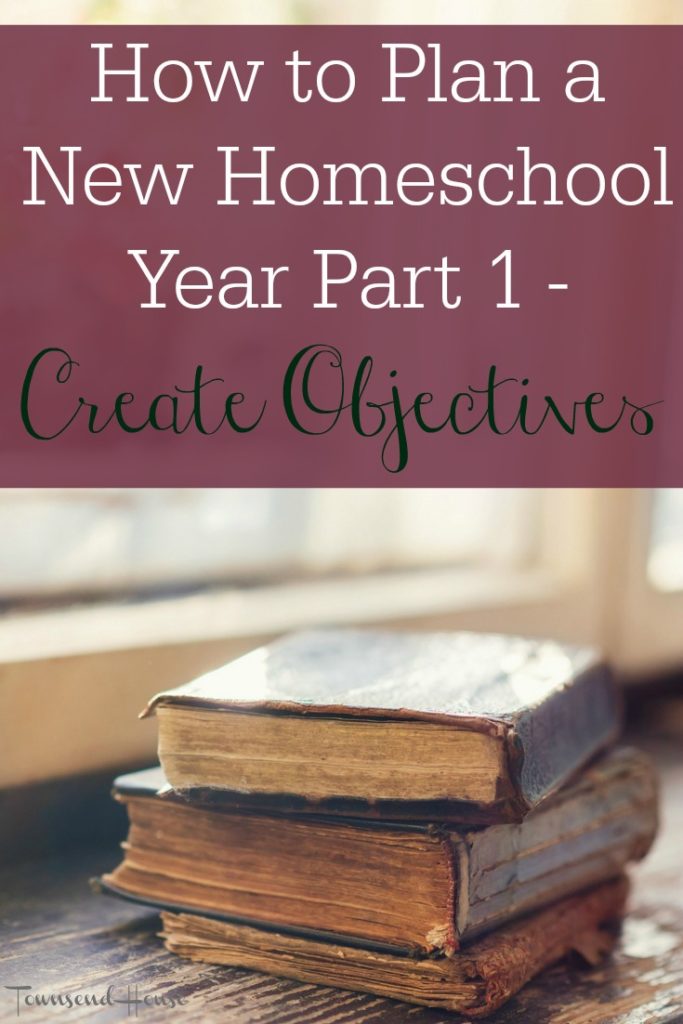
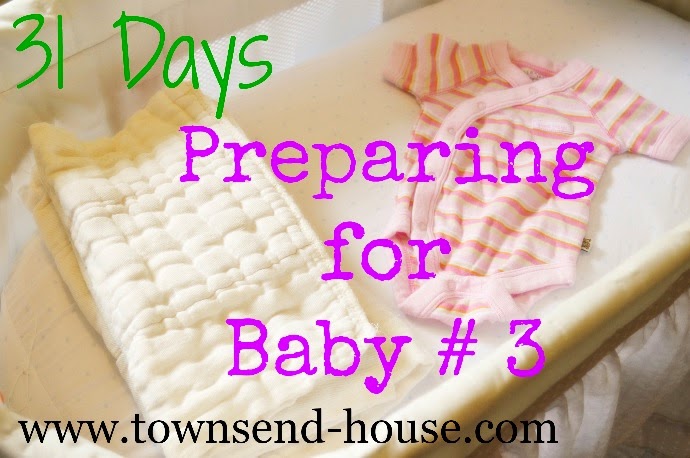

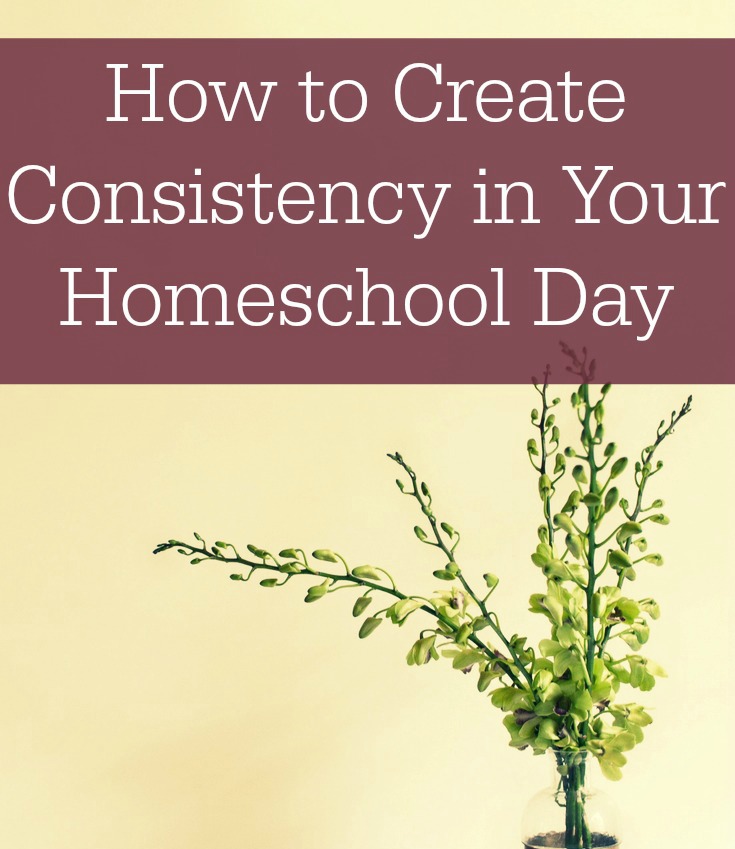
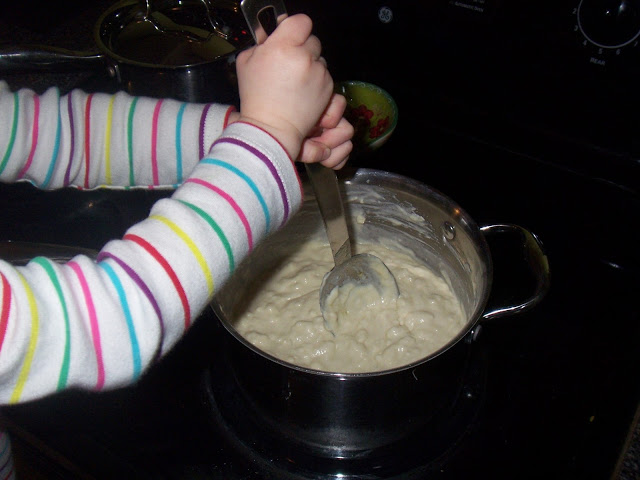

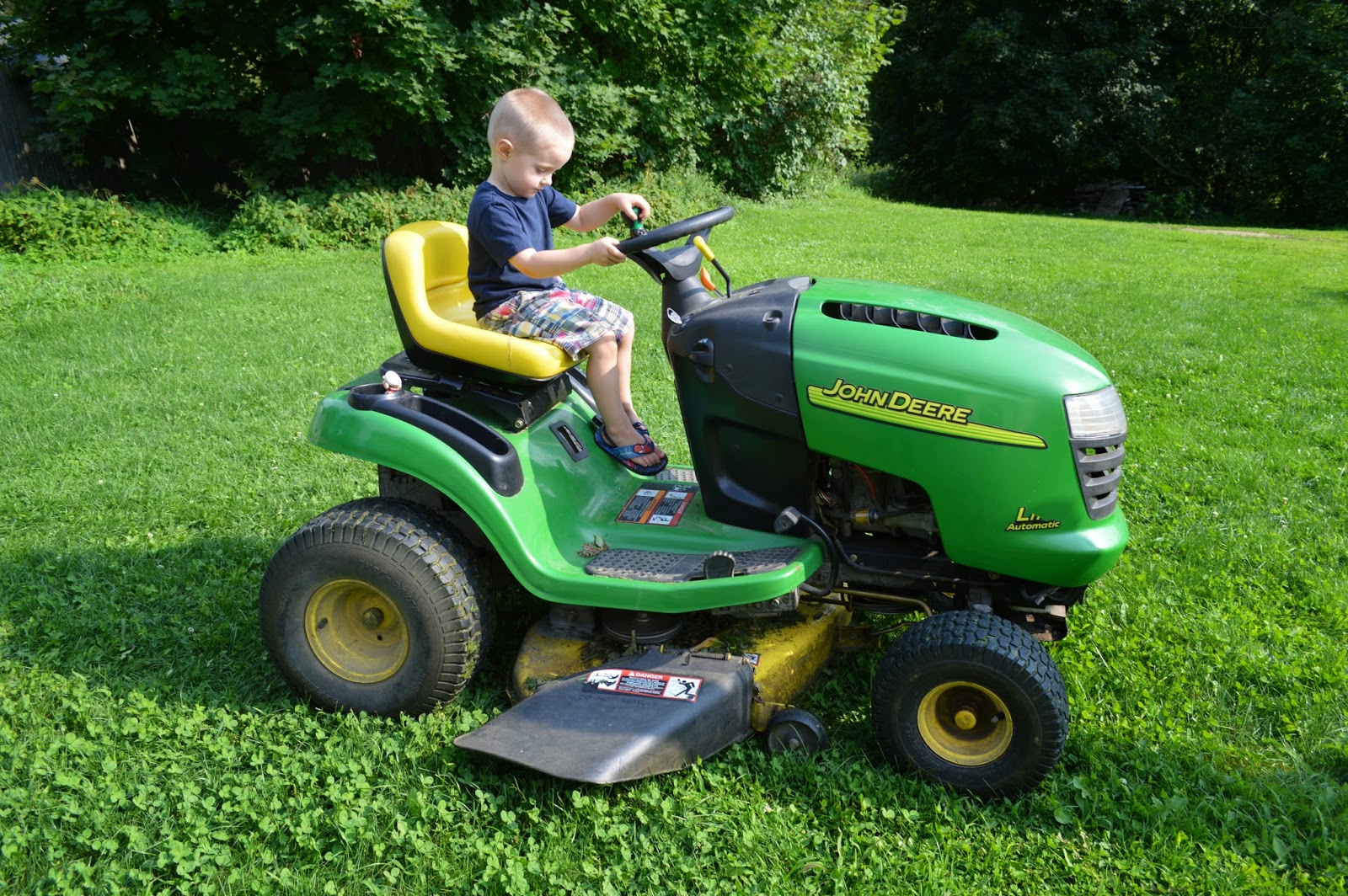
Great post Heather! We are not home schooling, but still it is a great idea to ask the children what do they want to learn this year as apposed to what they have to learn in the school.